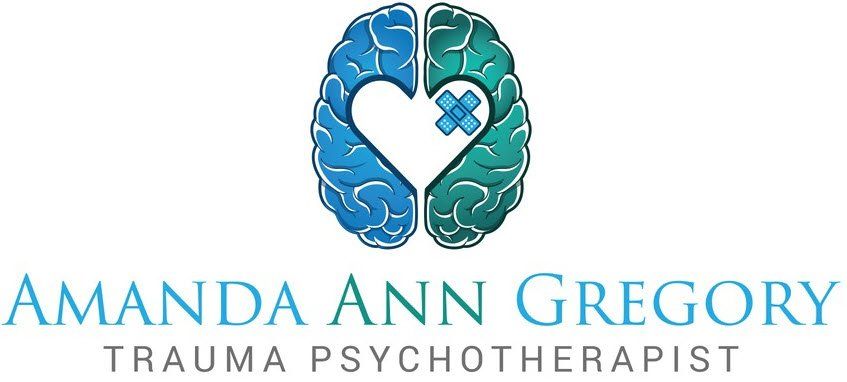Blog Layout
6 Questions to Ask Your Doctor Regarding New Medication
If you’re considering medication to improve your mental health, it’s vital to get comprehensive information from your doctor. Some people prefer to search the internet for medical information. In this case, that would be a mistake. The material you find online might not be accurate, and much of it might not apply to your specific needs. When prescribing medication, your doctor takes into account factors such as your medical history, your genetics, and your lifestyle. Discussing medications with your doctor gives you the best chance to get accurate and individualized data.
Communicating with your doctor, whether they be a primary care physician or a psychiatrist, can be difficult if you don’t know the right questions to ask. Here are some of the most important questions to ask your doctor when considering medication:
1. How long does this medication take to work?
There are many types of mental health medications—antidepressants, anti-anxiety medications, mood stabilizers, and stimulants, to name a few. Some medications, such as stimulants, might have a noticeable impact after 30 minutes, while others, such as antidepressants, can take weeks or months of consistent use before they have an impact.
2. What dosage will I need?
Doctors will often begin by prescribing a minimal dose of a new medication with a plan to increase the dose if needed. Ask your doctor about specific time frames with regard to dosage: How long do you want me to take the 5 mg dose before you’ll assess whether it’s working?
3. What are the side effects?
You need to know what experiences other people have reported when taking particular medications. This can help you and your doctor decide which medication you should try. Let your doctor know if there are certain side effects that you especially wish to avoid. The National Institute of Mental Health (NIMH) reports that common side effects of anti-anxiety medications are nausea, blurred vision, headache, confusion, tiredness, and nightmares. You also need to know of any dangerous side effects. For example, the NIMH reports that antidepressants can cause you to experience suicidal thoughts and mood stabilizers can cause seizures and blackouts.
4. What behaviors do I need to avoid while taking this medication?
Certain actions can interfere with the effectiveness of certain medications or can be dangerous when combined with medication. Some of these limitations are identified on prescriptions bottles, such as “This drug may impair the ability to drive or operate machinery.” But not everything will be labeled. For example, the Mayo Clinic reports that monoamine oxidase inhibitors (MAOIs) are antidepressants that cannot be mixed with some types of alcohol because of the risk of a dangerous spike in blood pressure. It’s a good idea to ask your doctor about any important restrictions before you decide on a medication.
5. How long does it take to wean off of this medication?
When you’re considering making a commitment to try a medication, you need to know how to safely stop using it if it isn’t right for you. Some medications can be stopped in a period of a couple of weeks, while others may take months of gradual reduction to safely stop. The FDA reports that abruptly stopping use of SSRIs and SNRIs—serotonin and norepinephrine reuptake inhibitors—can lead to sensory disturbances, anxiety, confusion, and hypomania.
6. Do you have any additional treatment recommendations?
Doctors may suggest that you participate in other types of treatment, such as mental health therapy and physical therapy, in addition to medication. If your doctor recommends mental health therapy, consider contacting Symmetry Counseling to schedule an appointment with one of our knowledgeable counselors.
If you’re considering medication to improve your mental health, it’s vital that you talk to your doctor and get comprehensive information tailored to your particular situation to help you make your decision.
Amanda Ann Gregory is a trauma psychotherapist, national speaker, and author who provides specialize speaking engagements for conferences, companies, and communities. Schedule a speaking engagement
and follow on Instagram,
Facebook,
or YouTube.
Gregory, A (2018). Considering Medication to Improve Your Mental Health? 6 Questions to Ask Your Doctor. Symmetry Counseling blog. Retrieved from https://www.symmetrycounseling.com/psychologist-chicago/considering-medication-to-improve-your-mental-health-6-questions-to-ask-your-doctor/
Hall-Flavin, Daniel K. M.D. (2017, June). Antidepressants and alcohol: What’s the concern? [Website] Retrieved from https://www.mayoclinic.org/diseases-conditions/depression/expert-answers/antidepressants-and-alcohol/faq-20058231
The National Institute of Mental Health. (2017, October). Mental health medications. [Website] Retrieved from https://www.nimh.nih.gov/health/topics/mental-health-medications/index.shtml
U.S Food and Drug Administration. (2018, June). Medication guides. [Website] Retrieved from https://www.fda.gov/Drugs/DrugSafety/ucm085729.htm

By Amanda Ann Gregory
•
20 Apr, 2024
Christianity has never been the prescribed religion of the US. To state that the US is a Christian nation overlooks the rich diversity of religious beliefs and practices that exist and are celebrated in the country. These are six ways in which Christian privilege manifests in the US,
© 2024
All Rights Reserved | Amanda Ann Gregory, LCPC
Design & Consultation by Teresa Lauer, LMHC, GrowYourTherapyPractice.com *

